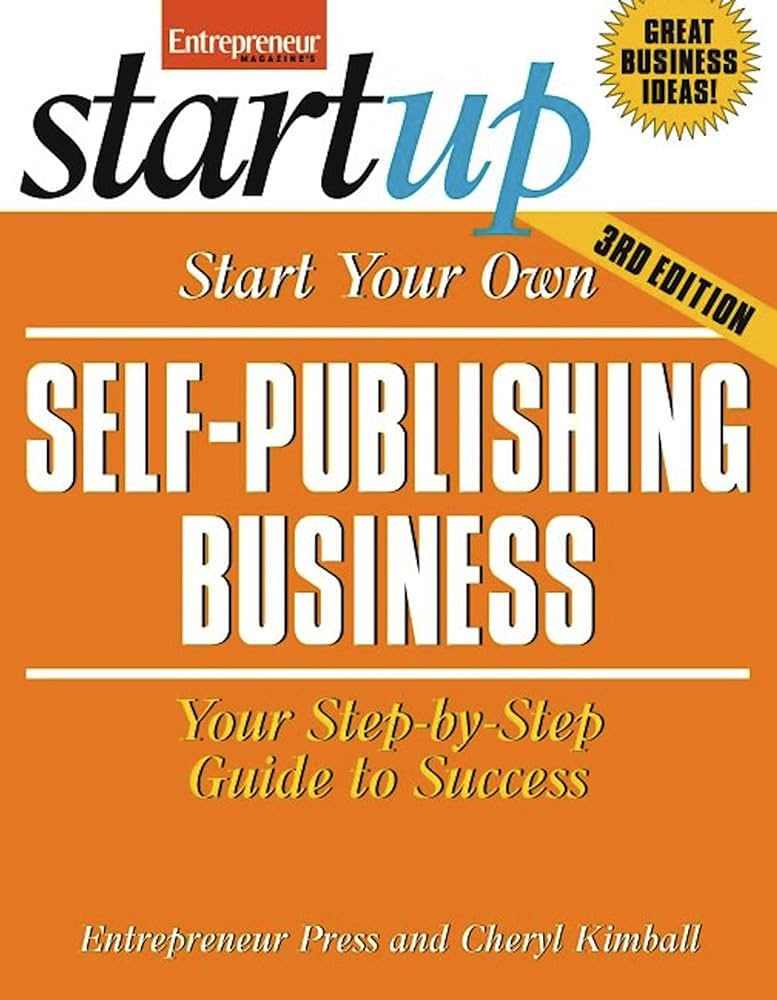How to Kindle a DIY publishing business – StartupSmart

US entrepreneur Sean Roach admits he is not the world’s best writer, but he has managed to make a career out of publishing books via online platforms such as Amazon and its eReader, Kindle.
Roach is in Australia as part of his consultancy business, which advises budding entrepreneurs how to establish themselves as self-published literary moguls.
Taking on the publishing giants in such a way seems an unlikely way to generate sales, but Roach insists that even up-and-running small businesses can turn their hand to eBooks.
StartupSmart spoke to Roach to find out if self-publishing is viable for ambitious business owners rather than just frustrated amateur novelists.
What first got you into the self-publishing area?
I wrote Get Off Your Duff and Make Your Own Cheese as a kind of take off of Who Moved My Cheese? [Dr Spencer Johnson’s 1998 bestseller on change management]
It’s about how you have to realise that change is happening and react to it. I had a meeting with a New York publisher that offered to do me the honour of publishing and distributing my book, in return for me doing all of the marketing and PR.
They’d then take a big chunk of money. Typically, for a $20 book, the author will make 80 cents to $2.
Authors are completely dependent on publishers, but they don’t know their numbers or what they are saying is true. A lot of authors don’t get paid on time and then the publisher can go bust and you don’t get paid at all.
This publisher then told me that they wanted to change parts of the book. They wanted ants, rather than rats, on the cover of it.
This was ridiculous, as ants aren’t the kind of creature that will just get up and start-up on their own. If I was doing a book about unions or something, I’d choose ants. But rats fit in with the theme of the book.
So I got up and left.
So what do you do next?
I tried working with a company that helped you self-publish, but even that was a disaster. I eventually went with another publisher, and the book came out in 2009 and sold tonnes.
The book has sold 200,000 copies and I haven’t seen a royalty cheque from it yet. The publisher treats me like a dog.
I should’ve done it by myself.
Why didn’t you do that to start with?
Well, the book doesn’t rely heavily on retail sales – there are lots of bulk orders to places such as SouthWest Airlines or IBM. Back in 2008, a site like GoDaddy wouldn’t have purchased a Kindle eBook, either.
But the beauty of it now is that Amazon has created a whole point on demand space that gives you complete control. And there’s iBooks on Apple and other platforms now, too.
Right now, if I want to make 15 changes to my printed book, I’d be charged thousands of dollars. With a Kindle book, I can literally go in and make changes within minutes and no-one at the user end realises.
Isn’t this option only open to a small niche of entrepreneurs? Specifically, the ones who can write?
It can make money for businesses that don’t do much in the way of internet marketing, or even have a website.
Amazon does 80% of the heavy lifting – you’re dealing with the world’s fourth largest search engine here. Same with iBooks – Apple has the reach that you can take advantage of.
You could be a tradie and come out with a book. Even if you can’t write, you could get it ghost written for $300 to $500, or just record what you want to write and have it transcribed.
This can make you money and also gives you the status of being a bestselling author – Amazon, for example, has top 100 bestseller lists across all kinds of areas. So you’re a tradie, or chiropractor or whatever, and a bestselling author. It’s good for your business.
Doesn’t that muddy the waters with your existing business?
It’s a good point. One popular niche is cooking – I love cooking but I don’t know too much about it. I’ve got it ghost written and sell it under a pen name.
I know of someone who wanted to write a cookery book under the same name that he’d used for five fiction titles. Readers become a bit wary or confused if they see you’re jumping from one genre to another.
He used a pen name and his sales rocketed. It’s just like Mark Twain did with his pen name – it’s not new.

